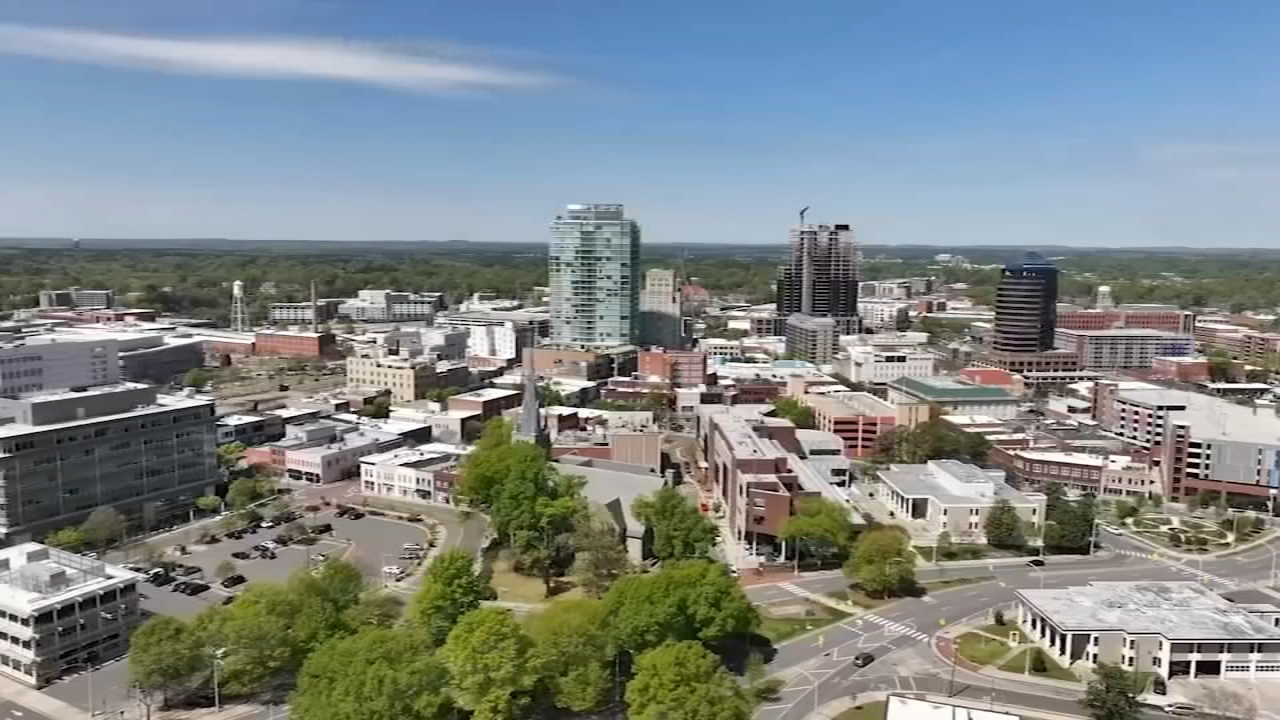I-Team: What's to blame for skyrocketing utility bills?
FAYETTEVILLE, NC (WTVD) -- If an extra 20 pounds puts more pressure on the knees, imagine what a bitter blast can do to an energy grid.
As frustrated viewers flooded the I-Team inbox, ABC11 set out to get answers from utility companies to explain the spike in prices for tens of thousands of Triangle families, many of whom reported bills double or even triple what they say they normally pay.
"We realize people are surprised at their bills," Carolyn Justice-Hinson, Communications & Community Relations Officer for Fayetteville Public Works Commission (PWC) tells ABC11. "Energy use and weather go hand in hand - a higher energy use, a higher demand on our system."
PWC serves some 80,000 customers in the Fayetteville area, and according to the company, total energy usage among those customers was up 24 percent in January 2018 (219,546,000 kWh) compared to January 2017 (177,454,000 kWh). The utility, which provides energy by purchasing the resource from Duke Energy, also paid an extra $3 million.
"No two customers will definitely be alike," Justice-Hinson adds. "You have some customers whose usage was consistent or maybe a little bit elevated. It's all about their habits, their type of heating, the size of their houses, the age of their houses."
Still, many who reached out to ABC11 stressed they didn't tinker with their thermostat, didn't put up Christmas lights and they weren't even home most of the time, arguing those factors don't add up to a 200% increase on their monthly statement.
Again, PWC points to the weather; a message on its website explains "2018 has had average temperatures that are 20 degrees below normal. With freezing temperatures, many heating systems used backup heating (auxiliary) to keep up which uses more energy and is more expensive."
The I-Team checked that claim with ABC11 First Alert Weather, and indeed that was found to be mostly true. The next step in our investigation was to check with a heating and cooling expert to explain the relationship with energy consumption.
Mike Foust, owner of Foust Heating and Air Conditioning, says most homes in the Triangle rely on heat pumps to maintain a comfortable temperature - until the air it pumps is too cold to treat. What happens next is the heating system activates a series of heat strips, which are hot coils like work like a toaster but sap electricity like an SUV guzzles gasoline.
"When you drop into the low teens, or even into the single digits, you're below the design of most heating and air equipment," Foust tells ABC11, adding that insulating one's home is probably the best way to keep the warm air inside - and your cash in your wallet. "Doors, windows, plumbing pipes, the stairs that lead to the attic and things of that nature."
Foust also thinks school closings may also contribute to rising costs at home - more time cooking, watching TV, using hot water and other energy uses around the house.







